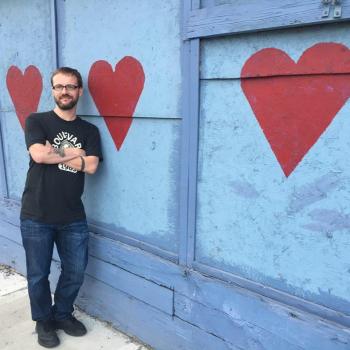I’m willing to continue saying that compassion is the core of our being, that an open heart is our natural state and that people are basically good. This is, to some people, controversial. So I thought I’d address the question: then why do we resist compassion?
A lot of our resistance comes from assumptions and prejudices that we may have acquired over time. Our core beliefs, the deeply held beliefs we have about the world and our place in it, are sometimes cynical and rooted in closing our hearts to others. But why is this?
I’m going to address some of the core beliefs people sometimes have that get in the way and create resistance to compassion. When you think about being kind to others, you may think of some of these. You may even be carrying many of these around and that’s okay. This is an opportunity to figure out what beliefs are just emotional baggage that’s weighing us down.
Common Beliefs That Create Resistance to Compassion:
- It will make me look weak.
Compassion isn’t weakness. We have whole words that have been created in our culture that represent compassion as a bad thing. If you’ve heard terms like “bleeding heart” or “snowflake” that’s what I’m talking about. But the thing is compassion promotes expansiveness, resilience, and courage by creating connections with others. Connecting with the world around you makes you more capable of weathering the storms of life.
- I could be taken advantage of
This seems true at first. If our hearts our open, of course we can be hurt. We’ve all been kicked in the heart sometimes. That’s part of life. But compassion brings clarity. If our hearts are closed, then we are carrying around unnecessary judgments and fears that don’t serve us very well. When we tell ourselves other people are bad, then we tend to make ourselves unhappy with paranoia.
- Other people will judge me
We have to not worry too much about what other people think. But also, compassion brings understanding and richness to our lives and relationships. People won’t judge you for being kind to others. And even if they do, it will be fleeting.
Pay attention to any resistance you have to compassion. Science now supports the value of compassion and altruism. There have been findings in non-human primate studies, studies in early childhood behavior, and discoveries in basic neuroscience that underpin these basic ideas.
Cooperation is just as important as competition is in human interaction. The impulse to connect, nurture, and care underpins cooperation.
Can we choose to act from the compassionate part of our nature instead of making enemies out of everything all the time?












